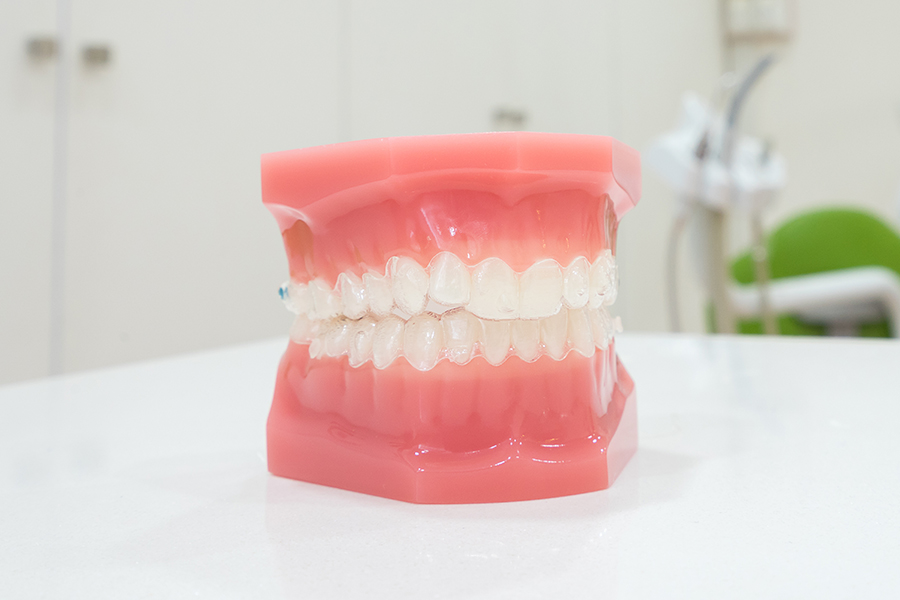Irritable Bowel Syndrome vs. Colitis

Chronic illnesses of the gastrointestinal tract can be among the most debilitating of chronic diseases. It is frustrating and frightening to face abdominal pain or bowel issues and not know what is causing them. Two of the more common of these diseases are irritable bowel syndrome (IBS) and colitis. Although they share symptoms, they are very different diseases with very different complications. Here’s a look at some of the differences between IBS and colitis.
What is Irritable Bowel Syndrome?
Irritable bowel syndrome is a chronic gastrointestinal disorder that requires long term treatment to provide any semblance of normalcy. IBS may be constipation or diarrhea or both, depending on the person. Though the cause of IBS is still under investigation, it may have something to do with abnormal contractions of the gut or abnormalities of the nerve endings there. Common symptoms of IBS include abdominal discomfort, bloating, gas, mucus in the stool, constipation, diarrhea, or alternating bouts of constipation and diarrhea. Treatment entails a careful diet, avoiding triggers, and pharmaceuticals.
What is Colitis?
Colitis, or ulcerative colitis, is a chronic inflammatory bowel disease (IBD) that affects the lining of the colon and the rectum. Although some IBDs can be managed, colitis can be completely debilitating and the potential complications can be fatal. Complications of colitis include dehydration; bleeding; a perforated colon; osteoporosis; systemic inflammation particular to the skin, joints, and eyes; oral ulcers; toxic megacolon; liver disease; and a greater chance of colon cancer and clotting.
The cause of colitis is still a mystery. Yet the Mayo Clinic suspects it is some sort of malfunction of the immune system that reacts in the GI is suspected, or genetics. The symptoms are a result of inflammation and the growth of ulcers in the colon lining and rectum. Symptoms of colitis include abdominal pain, pus-y or bloody diarrhea, rectal pain or bleeding, increased urgency to go to the bathroom, and an inability to do so despite that urge.
Additionally, colitis may cause fatigue, fever, unintended weight loss. Children may experience failure to thrive. Treatment may involve anti inflammatories, immunosuppressants, and symptomatic treatment. Surgery to remove the rectum and colon may lead to complete remission of the disease.
What’s the Difference?
The more obvious differences between IBS and colitis are symptomatic and anatomical. While IBS tends to be an issue in the whole of the gastrointestinal tract, colitis is strictly located in the colon and rectum. Additionally, the symptoms of colitis tend to be much more severe—as are the complications that arise from it.
However, the defining difference between IBS and colitis is the fact that IBS does not change the tissue that lines the gastrointestinal organs. While it would not be fair to say that IBS is not serious—because it most certainly serious and difficult to live with—colitis does tend to be much more serious, because of the nature of its type of syndrome.







